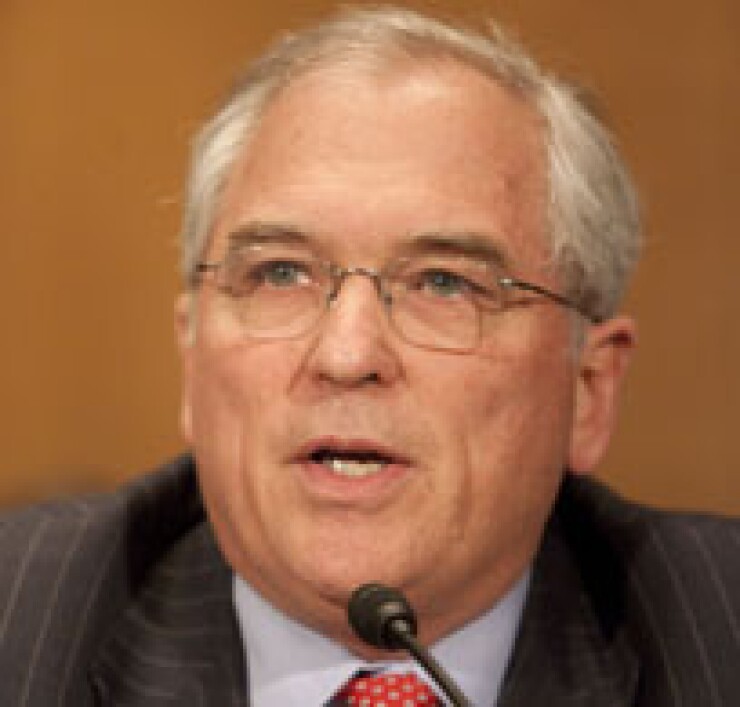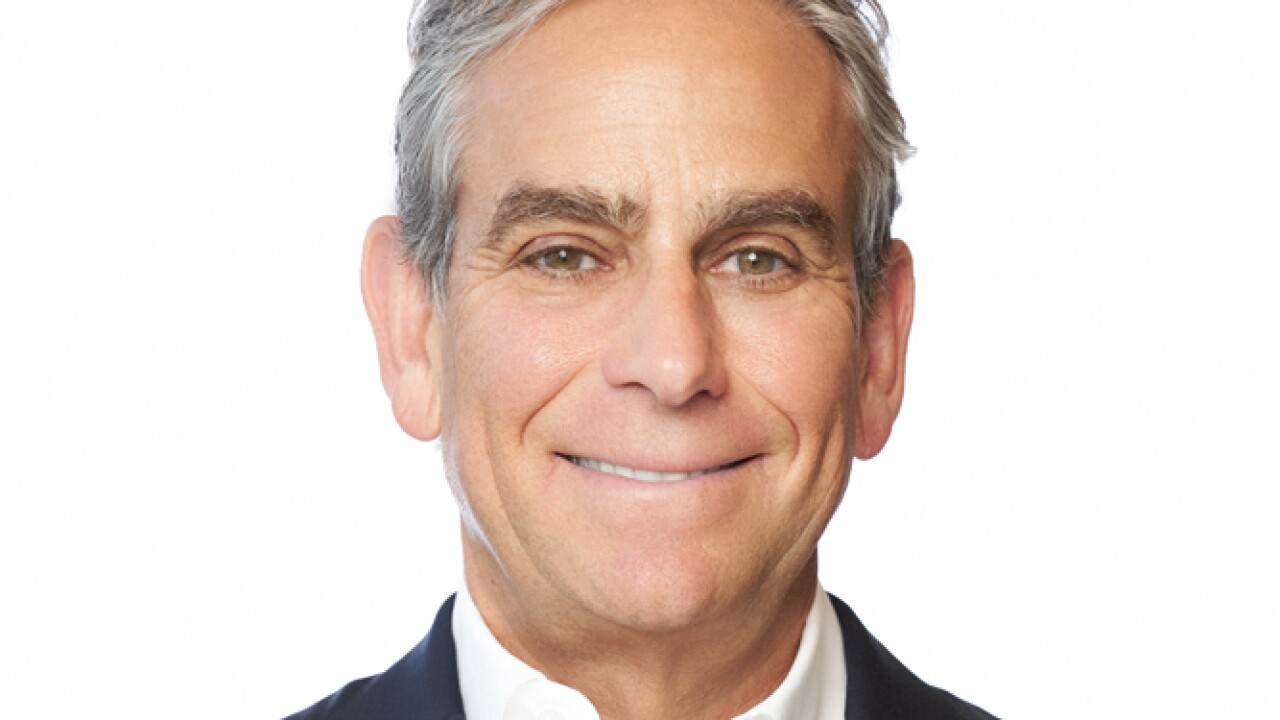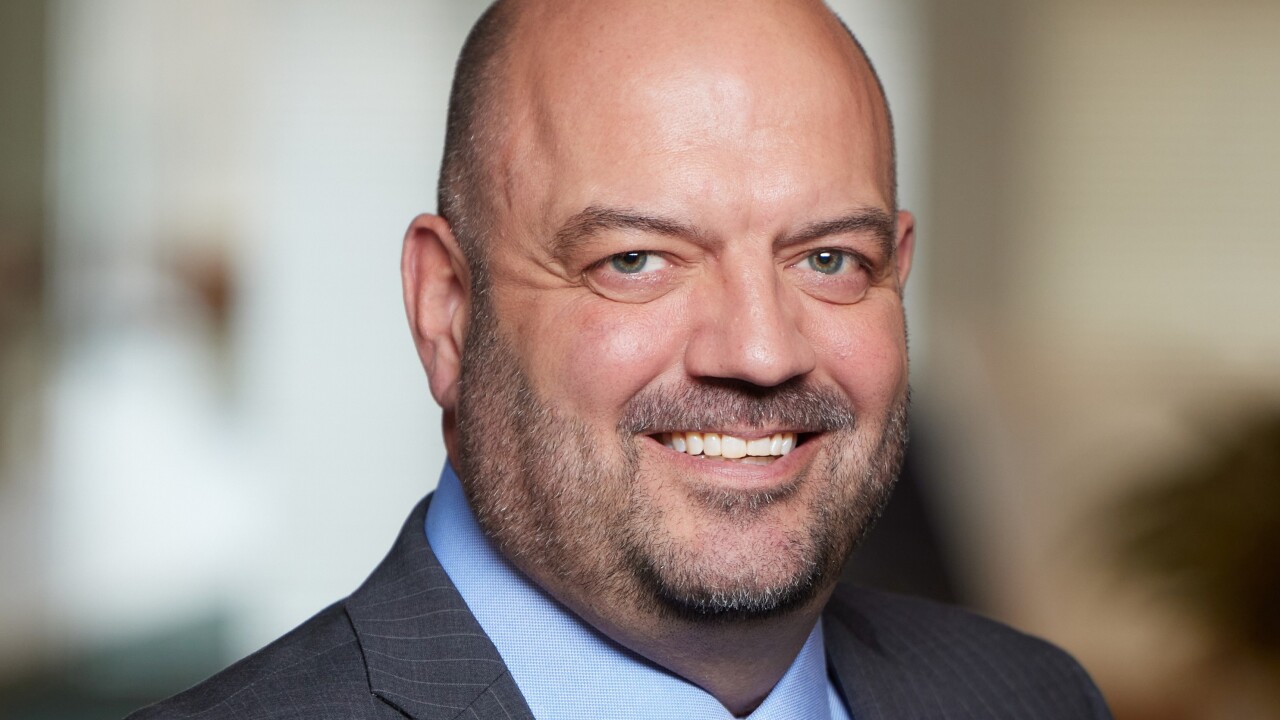
Many consumer groups and even some attorneys general thought last year's $25 billion national mortgage settlement between the top five mortgage servicers and 49 states prohibited servicers from foreclosing on delinquent borrowers who were also pursuing loan modifications. But a new examination of the pact has found that so-called dual tracking is actually still legal—and now attorneys general and the national settlement's monitor are scrambling to revise the agreement with the intent of banning the practice once and for all.
The misunderstanding
Many believed that to be the case already, largely because state attorney generals had said publicly that the pact outlawed dual tracking. But the reality is that the five servicers—Bank of America, Citigroup, JPMorgan Chase, Wells Fargo and Ally Financial—negotiated that they would only halt a foreclosure once a borrower had turned in a "complete" loan mod application, says Katherine Porter, a University of California-Irvine law professor who is monitoring the settlement for the state of California.
No one knows how many borrowers have ended up in foreclosure as a result of the continued use of dual tracking and the confusion sowed by regulators who have repeatedly claimed the process was banned. In judicial states, extensions and postponements of foreclosure have created massive clogs to the court system, imposing costly delays.
There's such confusion over the issue that consumers, housing counselors and even New York Attorney General Eric Schneiderman have
"We have a broken process," says Porter, who last week released her third progress report on the settlement, which was signed in April 2012. "In the negotiating room, the servicers said they would pause a foreclosure when an application was complete, which seems very reasonable. But the process of getting to a complete application is very onerous."
There are several ongoing attempts now to rework the settlement's terms on dual tracking. Iowa Attorney General Tom Miller currently is in discussions with the banks to determine the minimum documents necessary for an application to be complete so the foreclosure process can be halted. Smith also is negotiating to add new tests that would set minimum requirements for loan mods.
Under current law, even if a borrower has submitted loan mod documents, a mortgage servicer can foreclose and sell the home if the application is deemed incomplete. In many cases, borrowers have started the process only to give up in frustration after endless requests from banks to turn in more paperwork.
Consumer advocates are stunned that dual tracking was not banned outright since borrowers have been complaining about it for at least five years.
"What's it going to take to get this system fixed?" says Deborah Goldberg, special project director at the National Fair Housing Alliance. "Is there any hope that homeowners will get relief?"
One major problem with the 2012 settlement is that it did not define what constitutes a "complete" loan mod application or what minimum set of documents are needed to underwrite one. Mortgage servicers were not required to send borrowers a list of which documents were needed or to send a standardized letter notifying borrowers when an application was deemed complete, two reforms Porter wants the banks to adopt.
Porter also is proposing the creation of a uniform rule for all states that halts the foreclosure process for any homeowner who submits an initial loan mod application at least 37 days before a scheduled foreclosure sale date, even if the application is not yet complete.
A critical problem identified long before the national mortgage settlement was signed is that banks have no incentive to hasten loan modifications. When a borrower stops paying his mortgage, the mortgage servicer fronts the principal and interest payments to bondholders and investors and only gets paid back after a foreclosure.
"At the foreclosure sale, default fees, such as late fees and property preservation fees, are paid to the mortgage servicer before the investors recover on the loan," Porter wrote in her report. "The more fees accumulate—if a property will be foreclosed ultimately—the higher profits a servicer can earn."
Another problem is that document collection letters are among "the most confusing correspondence that banks send," says Porter, who worked with 3,387 California homeowners over the past 16 months. Letters sent to borrowers "vary wildly, not just between banks but even within one bank," Porter says.
Banks have estimated that roughly 50% of homeowners that attempt to get a loan mod actually complete the process, says Porter, who believes many homeowners give up on the process entirely.
"Because dual tracking raises concerns about fundamental fairness and due process, consumers deserve equal protection from foreclosure while seeking loan modifications," says Porter.


